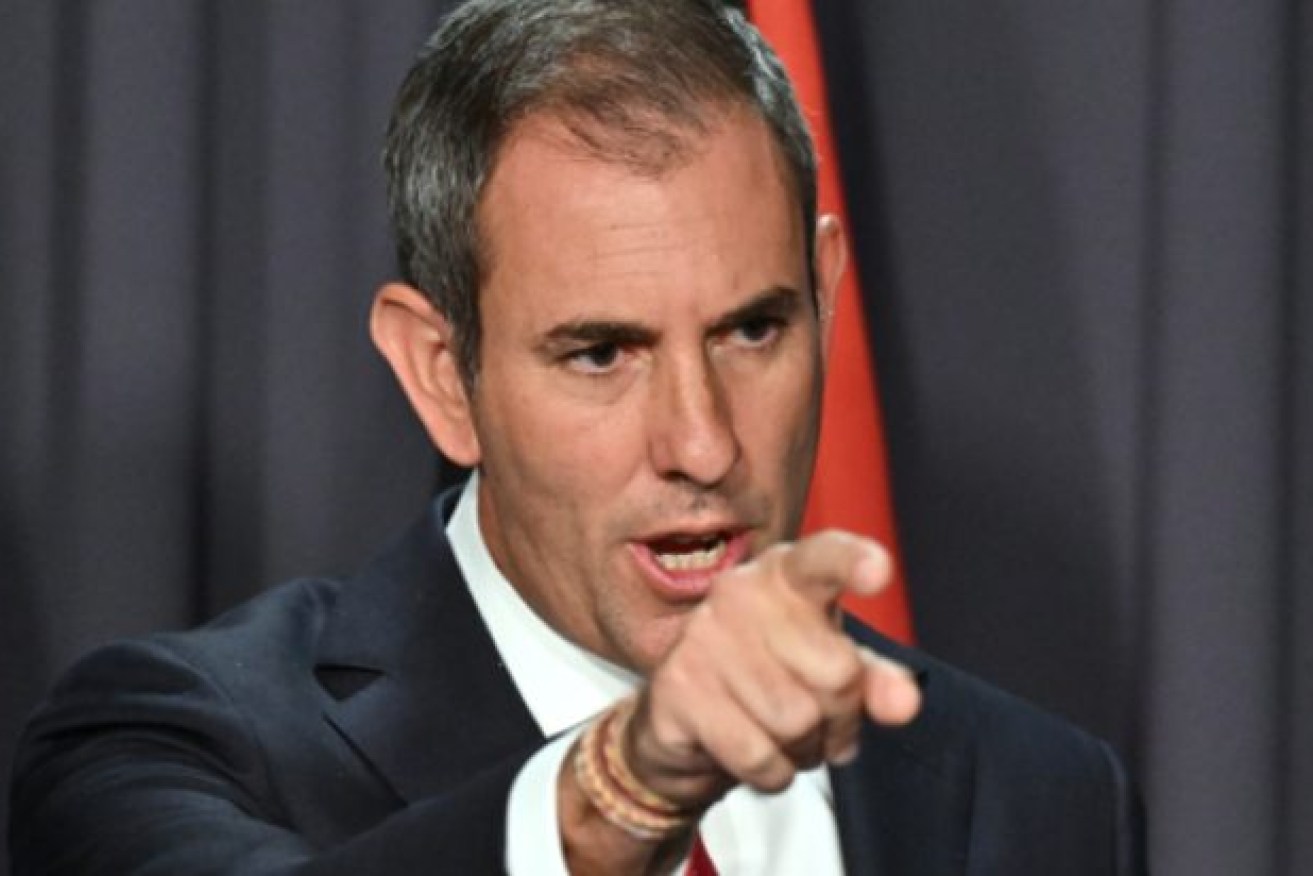Chalmers’ overhaul of Reserve Bank will create a separate board for interest rates
A new board solely for setting interest rates will be created under sweeping reforms to the Reserve Bank of Australia, with the governor’s independence also set to be bolstered.

Federal Treasurer Jim Chalmers. (Image: AAP)
Treasurer Jim Chalmers will introduce a suite of reforms to parliament this week following a major review into the economic institution released in April.
“We want to ensure Australia’s central bank remains world class with a monetary policy framework fit to meet our current and future economic challenges,” he said in a statement.
Under the changes, a mechanism that allows the treasurer to intervene in interest rate decisions will be abolished in a bid to shore up the bank’s independence.
The veto power, outlined in the RBA Act, has never been used.
However, the institution remains accountable to parliament, which will maintain its power to regulate monetary policy.
The Greens have criticised the changes to the government’s powers to intervene, with economic justice spokesman Nick McKim calling for ultimate responsibility to rest “with those accountable to the people, not unelected technocrats”.
Another major change is the creation of a board that will set official interest rates, while a governance board oversees the RBA’s operations.
As has already been flagged, governor Michele Bullock will chair the governance board for the first five years to help smooth the transition.
After that, any member of the governance board – including the deputy governor, chief operating officer and six external members – can be appointed as chair.
The review recommended the deputy governor sit in as an observer on the governance board, but the government decided to make the second in command a full time member of this board.
The legislation will also allow the members of the monetary policy and governance boards to have their terms extended by two years, rather than the one year recommended by the review, after a maximum five-year term.
This is to allow more flexibility in ensuring the boards have struck the right balance between experience and renewal.
The federal government will also abolish the RBA’s power to direct the lending activities of private banks – a measure introduced before the supervision of the banking sector was handed over to the Australian Prudential Regulation Authority.
The federal opposition is still waiting to see the final bill before outlining its position.












